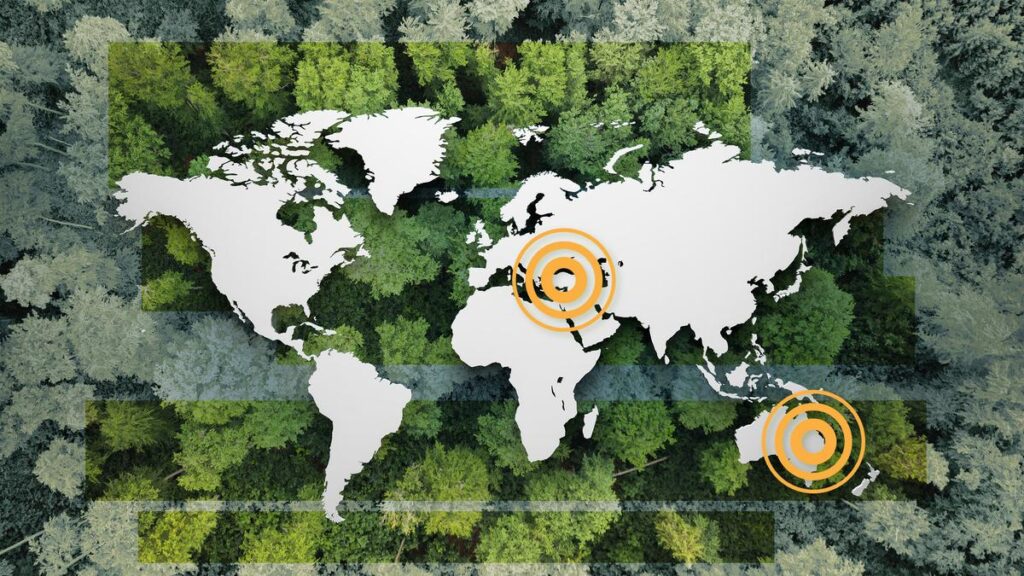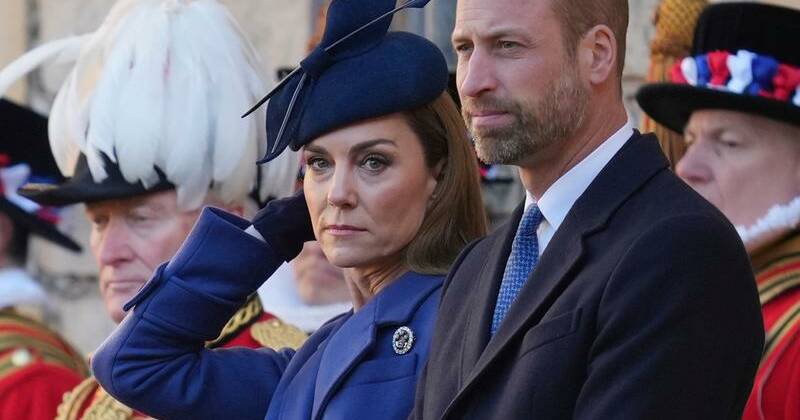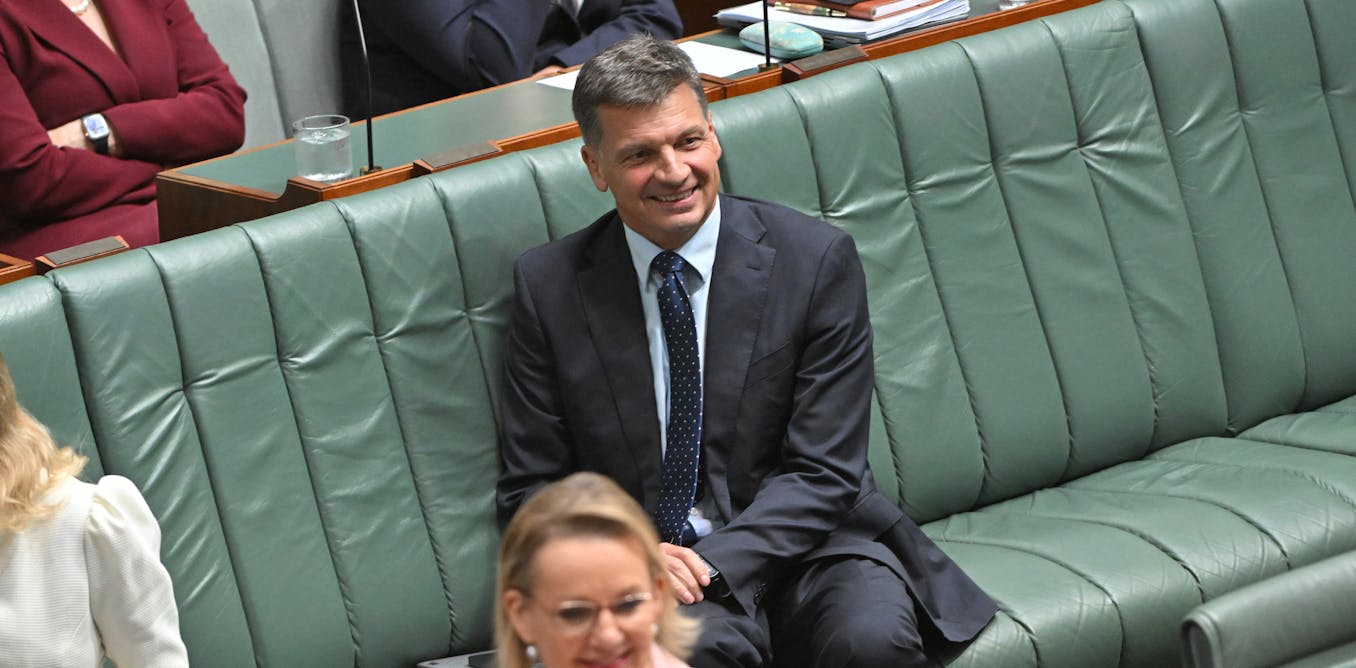
Turkey has formally challenged Australia’s bid to co-host the upcoming climate summit, COP31, alongside Pacific nations. This assertion was made during the COP30 summit currently taking place in Belem, Brazil. Turkey’s Vice President, Cevdet Yilmaz, emphasized Ankara’s role as a potential bridge between developed and developing nations in the ongoing fight against climate change.
Australia aims to host COP31 in Adelaide, collaborating with Pacific island nations to draw attention to the severe impacts of climate change on these vulnerable areas. However, Turkey has also submitted its own bid, complicating the dynamics of the selection process. If a consensus on the host nation is not reached by the end of COP30, which concludes on November 21, 2023, the summit’s location will default to Bonn, Germany.
The Albanese Government has remained discreet regarding the possibility of a compromise that could see Australia and Turkey each hosting part of the summit. Prime Minister Anthony Albanese has reached out to Turkish President Recep Tayyip Erdoğan for discussions but has not received a definitive response. Yilmaz reiterated Turkey’s commitment to climate issues, stating, “Turkey has presented its candidacy to host COP31, demonstrating a very strong commitment to strengthening the climate agenda.”
He further affirmed that Turkey is ready to facilitate dialogue between the developed, referred to as the Global North, and developing nations, known as the Global South. The Global South often voices concerns about being disproportionately affected by climate change, making Turkey’s proposal particularly salient.
Australia’s bid is not solely about hosting a significant event; it also aims to highlight the plight of small island nations that bear the brunt of climate change. The President of Palau, Surangel Samuel Whipps Jr., voiced his support for Australia’s bid during the summit, stating, “The Pacific has long served as the world’s moral compass on climate justice.” Whipps emphasized the need for support to find a pathway to a successful Pacific COP with Australia.
The success of Australia’s bid could mark a pivotal moment in its diplomatic relations within the Pacific region. Research associate Wesley Morgan from the Institute for Climate Risk & Response at the University of New South Wales noted that if Australia succeeds, it would host its largest diplomatic meeting ever, enhancing its influence amid rising geopolitical competition.
Despite Australia’s ambitious plans, the representation at COP30 has raised eyebrows. Australia is currently represented by Josh Wilson, the assistant minister for climate change and energy, who has a lower profile than expected at such a critical summit. In contrast, Turkey has sent high-ranking officials to gather support for its bid, which underscores the different approaches taken by the two nations.
Wilson addressed the summit, emphasizing the existential threat climate change poses to the Pacific. He stated, “This is a message that the world needs to hear, and a reality that the world needs to see,” reinforcing Australia’s commitment to the region.
In discussions with reporters in Canberra, Albanese expressed optimism about Australia’s chances, indicating that many nations back its bid. “I believe that a majority of countries clearly support Australia’s bid,” he said. Albanese’s statements reflect a strategic push to solidify Australia’s position in the Pacific, especially as international focus on climate change intensifies.
As the summit unfolds, the outcome of Australia’s bid against Turkey’s will depend on diplomatic negotiations and the ability to forge a consensus among participating countries. The decision will have significant implications for the global climate agenda and the roles that both nations will play in addressing this pressing issue.






